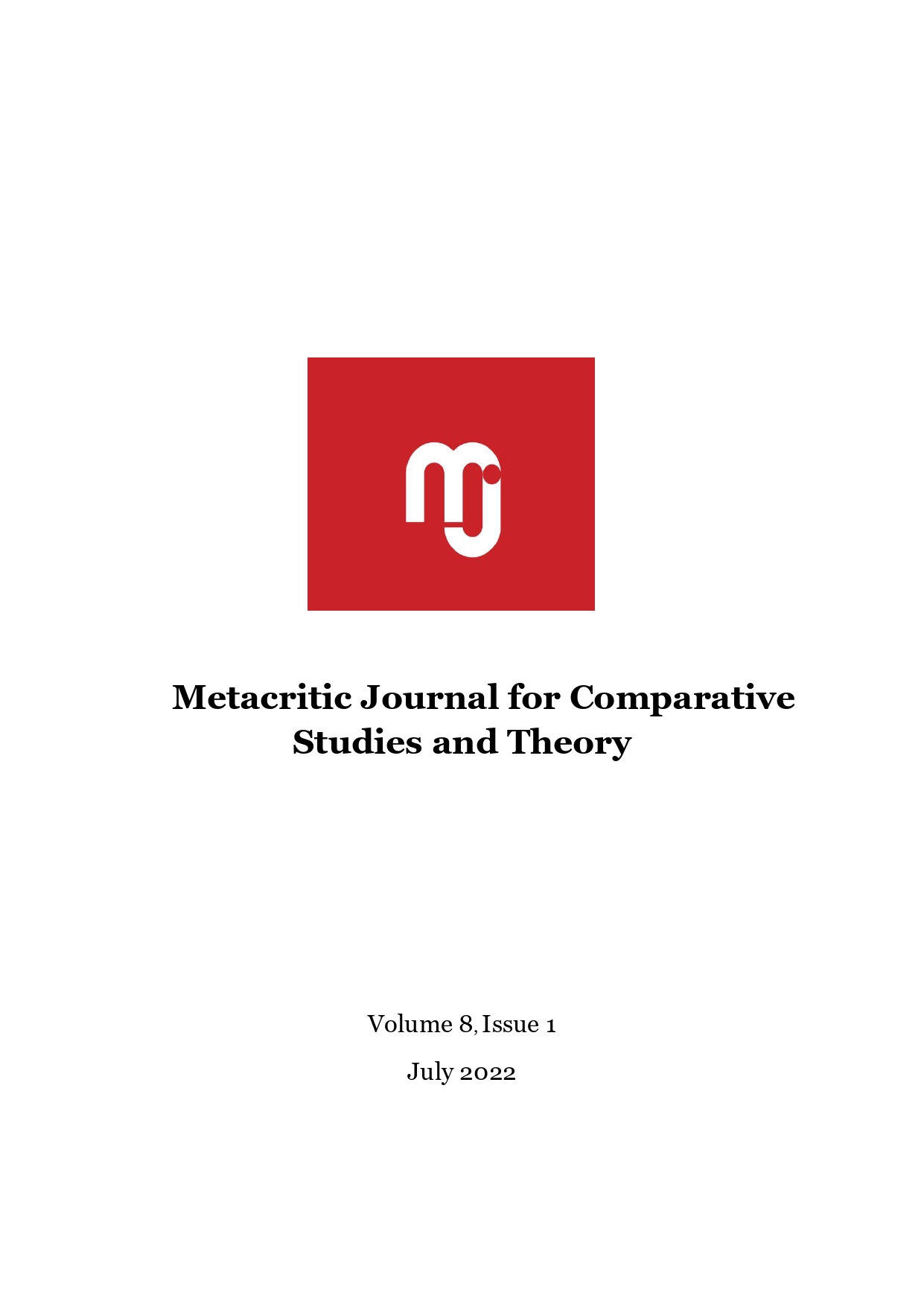When Less Is More: Towards A Theory without A Fixed Address
When Less Is More: Towards A Theory without A Fixed Address
Author(s): Didier CosteSubject(s): Language and Literature Studies, Studies of Literature, Comparative Study of Literature, Theory of Literature
Published by: Universitatea Babeş-Bolyai
Keywords: across-cosmopolitanism; nomadic thought; theory; world literature;
Summary/Abstract: Theorization is rendered more necessary than ever by globalization, it is the most privileged manner of delineating phenomena and articulating the manifest; without it, anthropological unity is denied and regression to self-destructive competition for survival and domination becomes inevitable. Revathi Krishnaswamy expounds that, rather than mere explicit bodies of theory, an inclusive approach to literature should welcome implicit, latent, emergent concepts and practices from every excluded area, every language and every cultural minority. The aim of this diversification runs against radical relativism, it is a quest for aesthetic and other universals beyond all the particular features that construct actual literary practices. Similarly, in the complex dialogic exchange staged by Ranjan Ghosh and J. Hillis Miller, the two thinkers practice and exhibit a kind of “rooted cosmopolitanism” (Appiah): it would seem that, to exploit texts in context, or to transfer a theoretical set from one culture to another, you need to belong somewhere, to possess and be possessed by some origin. Contrary to the narrative of rooted extension that remains linear even if it is liable to bifurcate, experimental cosmopolitanism considers that we owe no debt to initial or prior circumstance and that our obligations and initiatives, determined by species and trans-species solidarity, apply in the framework of spatial proximity for practical reasons exclusively.
Journal: Metacritic Journal for Comparative Studies and Theory
- Issue Year: 8/2022
- Issue No: 1
- Page Range: 23-46
- Page Count: 24
- Language: English

